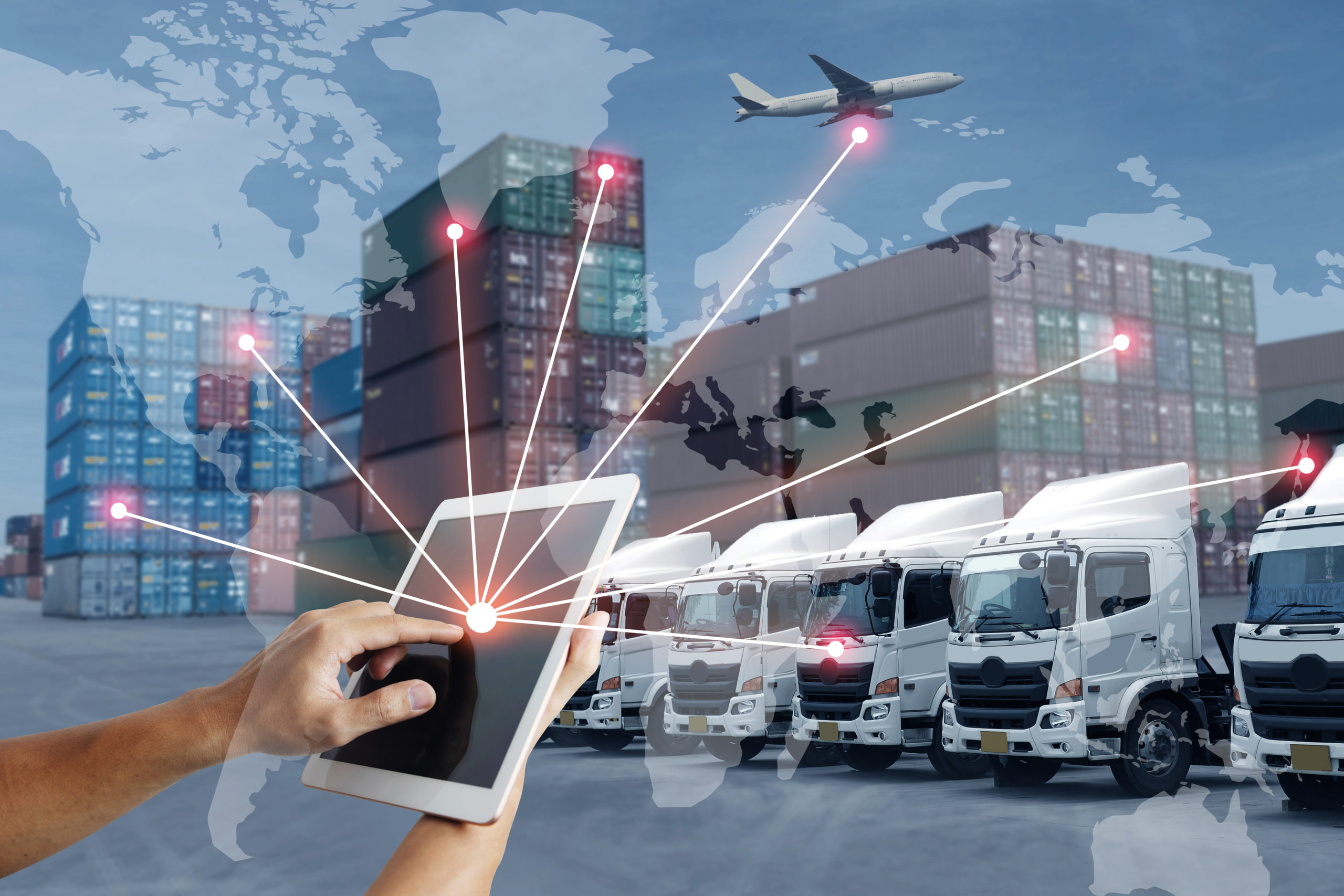
3 Changes in Transportation in 2023
The transportation industry is always adapting to changing times and circumstances. With such an influential impact on other sectors, it's important for businesses in this space to keep themselves informed about what will come next year so they can plan accordingly - both now (to avoid surprises) as well as further down the line when new opportunities arise.
Increased focus on sustainable transportation
As the climate crisis continues to worsen, investors are demanding that companies take on more responsibility regarding their influence on environmental factors. Shareholders have furthermore pressured businesses to use infographic map availability and to promote sustainable practices across all aspects of production - including electric vehicles. These will from an increasingly important part in any future strategy due to EV's significant advantages when it comes down reducing carbon emissions per mile driven, compared with traditional petrol-powered cars.
With more and more people moving towards electric vehicles, the transportation industry is taking notice. EVs serve as mobile billboards that advertise companies' dedication to ESG standards. Businesses expect this trend will continue, hopefully resulting in an increase in demand, alongside falling prices, plus an increase in the number of charging stations. Amazon has announced they will begin using electric vehicles as delivery vans. With better battery technology on the horizon, businesses like large retailers stores could see potential benefits by investing now.
Transportation digitisation
The data gathered from vehicles is helping companies improve their employees' safety. As more and more drivers use telematics systems in cars, trucks or buses that track how they drive on behalf of an employer, it becomes important for a business to have easy access to data through one system, and the digital recording and storage of information will prove invaluable when it comes to improving logistics.
The future of transportation is now at a crossroads, with digitisation connecting all aspects of it. Self-driving cars will soon be commonplace in our everyday lives as they become increasingly popularised by innovative companies such as Google and Tesla, who are working towards making this a reality - but there's still a way to go before we can all fully partake!
Supply chain disruption
The transportation industry is currently struggling with a silicon shortage that's limiting production of components like microchips and sealants. Customers are paying more for fewer options, while manufacturers struggle to build up enough vehicles in time for demand. It seems unlikely this situation will resolve anytime soon due to the global energy crisis as well COVID-19's impact on supply lines worldwide.
The battery shortage is causing problems for the electric vehicle industry. As more and more companies opt for these vehicles, there's an increase in demand, too, with a possible lithium crisis predicted for 2023.
Any questions? Please don’t hesitate to contact one of our team.
Simon.horton@ascendbroking.co.uk | Office: 01245 449060






